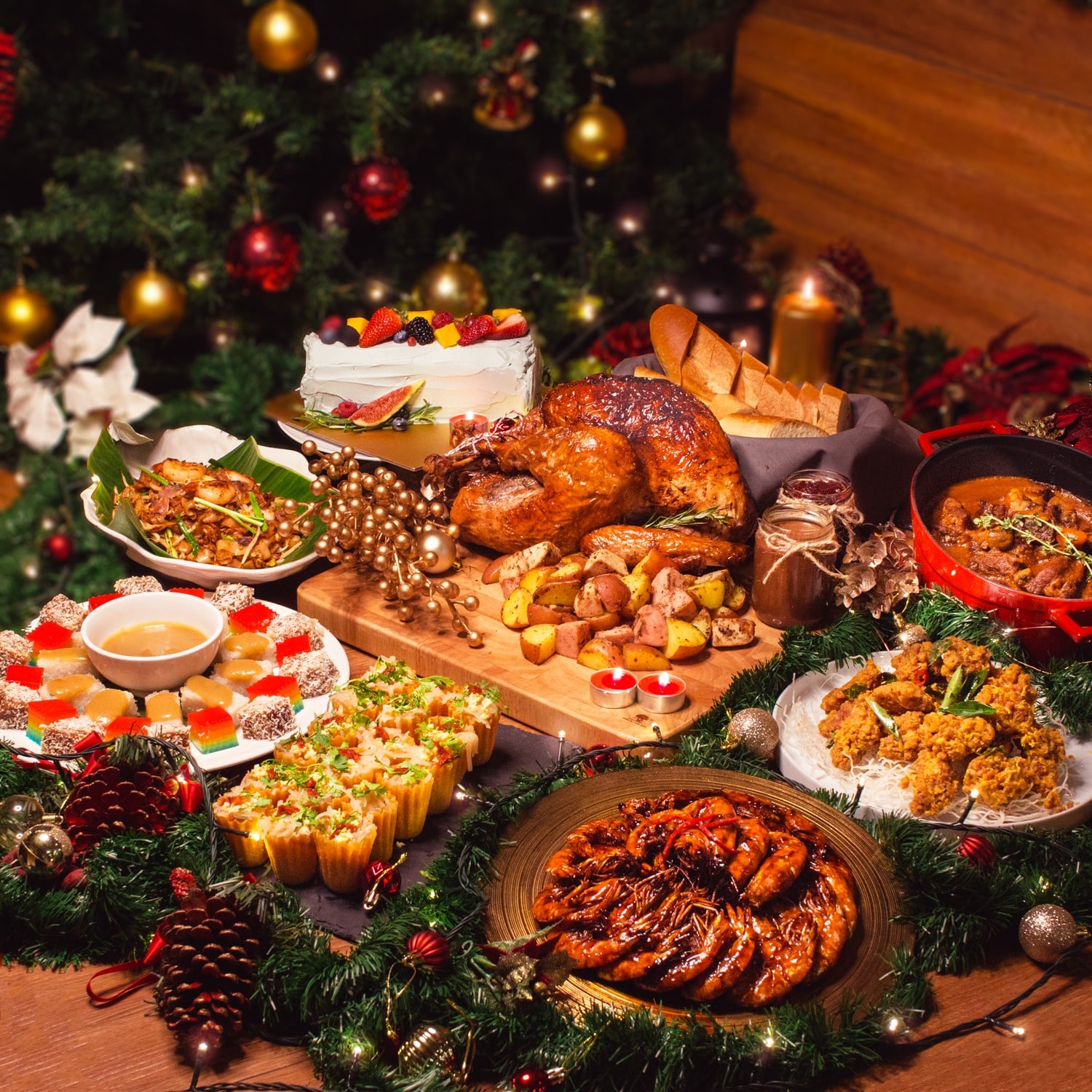Photo by rawpixel.com on Unsplash
Charles Dickens’ novel, Oliver Twist, was first published as a serial novel between the years 1837 and 1839. It was one of the earliest novels that contained a social slant addressing the issues of the day, particularly society’s way of turning a blind eye to child labour, and the use of children for criminal activities.
By 1960, the novel found its way to London’s West End and became a musical bearing the titular name, Oliver. The musical was adapted into a movie in 1968, and garnered six Academy Awards including Best Picture, Best Musical Adaptation and Best Sound.
With its memorable melodies and catchy lyrics, it is easy to see why the musical score was much celebrated.
The movie opens with the popular song, “Food Glorious Food”, which ends with the lyrics:
“What wouldn’t we give for, that extra bit more, that’s all we live for
Why should we be fated to do, nothing but brood on food
Magical food, wonderful food, marvellous food, beautiful food
Food, glorious food glorious fooooooood.
What are we waiting for? … FOOOOOOOD!”
God, the provider
God created our food.
He loved us so much that He didn’t just stop at its functional benefit. He created food with aesthetics, incorporating different flavours, colours, smells and textures in each ingredient. Lastly, he created food for our enjoyment. Genesis 1: 29; Isaiah 1: 19
I’ve always found it interesting how food companies work so hard to attractively package their products to entice buyers. If you’ve ever wondered where they got the idea – look to God.
Consider God’s packaging designs: The banana with its bright yellow, lateral peeling wrapper. The grass-green coconut, which acts like a disposable vacuum-sealed container to encase a refreshing liquid full of electrolytes. Both are environmentally friendly and 100% biodegradable. And what about the egg? With its pure white casing that houses and keeps the vulnerable protein fresh and free from bacteria.
Nuts, pomegranates, watermelons, string beans, corn cobs … I’m sure you can think of more because, indeed, food has its fair share of glory. God loves food and values them, but definitely not to the degree that we sometimes do.
Sensory overload
It’s understandable when hungry orphans who have not had a decent meal to eat in days exclaim words such as “food, glorious, food”.
While we can enjoy food, we must never enjoy it at the expense of God, our relationships, or even our health.
But the reality is that these words could very well have come from the mouths of everyday citizens today, who have placed a disproportionate value on food.
There is no questioning the value of food. We need it not just to survive, but to also enjoy a quality of life. These days, however, our values have become so skewed to the point where too much weight has been put on food.
If an Extra-Terrestrial (ET) came to earth to observe what mankind’s main passions were, it wouldn’t take the ET long to conclude that food is indeed one of man’s greatest passions, if not addictions.
Nearly half of the advertisements the ET would see on TV would be about food, and if the ET happened to land on the Food Channel, it would see food 24/7. Not to mention all those food posts the ET would find in different channels of social media.
What the Bible says
In helping us understand the true value of food, here are three key thoughts to remember:
1. In Matthew 6, Jesus posed the question: “Is not life more than food?” What he means by this is: “Do you know that life is more valuable than food?”
The answer is obvious, but the real-life application is not. As mentioned previously, life refers to our relationships. Our relationships are definitely far more important than food. While we can enjoy food, we must never enjoy it at the expense of God, our relationships, or even our health.
2. 1 Corinthians 6:12 says:“All things are lawful for me, but not all things are helpful.” All things are lawful for me, but I will not be dominated by anything.
Food is meant for the stomach and the stomach for food – and God will destroy both one and the other. The body is not meant for sexual immorality, but for the Lord, and the Lord for the body. Paul is saying that while food is to be enjoyed, it does not mean everything you consume is good for you. Controlling what you eat, and having restraint, is beneficial, lest you be dominated by your impulses and urges.
It may be true that our bodies are temporary, but it does not justify stuffing it with just anything. Finally, he likens food to sex – it brings satisfaction, fulfilment, and comfort, but there is a moral and an immoral way of consuming it.
3. Some things will always be more valuable than food. One of them is to do God’s will. Jesus himself said: “My food is to do the will of him who sent me and to accomplish his work.” John 4:34
Bon appétit!
We are an independent, non-profit organisation that relies on the generosity of our readers, such as yourself, to continue serving the kingdom. Every dollar donated goes directly back into our editorial coverage.
Would you consider partnering with us in our kingdom work by supporting us financially, either as a one-off donation, or a recurring pledge?
Support Salt&Light


